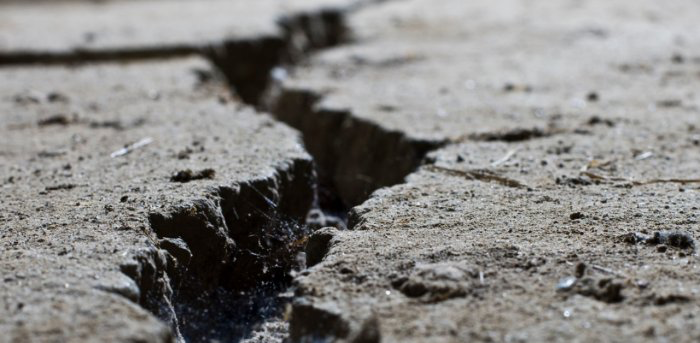Free Courses Sale ends Soon, Get It Now


Free Courses Sale ends Soon, Get It Now



Disclaimer: Copyright infringement not intended.
Context: Earthquake occurred near Tonga in the South Pacific Ocean
Details
Earthquake Details:
Tsunami Threat:
Initial Reports:
About Earthquakes
Causes of Earthquakes:
1.Tectonic Plate Movements:
2.Faults:
3.Volcanic Activity:
Measurement and Magnitude:
1.Seismographs:
2.Magnitude Scale:
Impacts and Effects:
1.Ground Shaking:
2.Structural Damage:
3.Tsunamis:
4.Aftershocks:
Mitigation and Preparedness:
About Tonga
Geography:
Culture and Society:
Economy:
Natural Hazards:
Environmental Conservation:
International Relations:
|
PRACTICE QUESTION Q) Discuss the causes and consequences of earthquakes, highlighting the challenges faced in mitigating their impact. Suggest measures to enhance preparedness and resilience in earthquake-prone regions. (250 words) |
© 2024 iasgyan. All right reserved